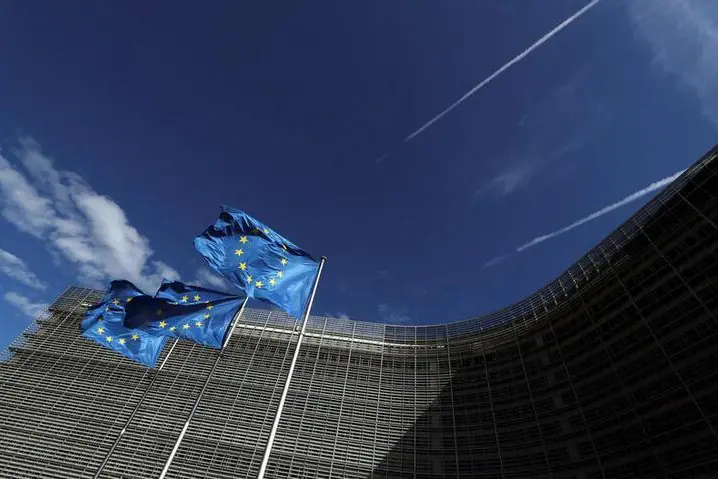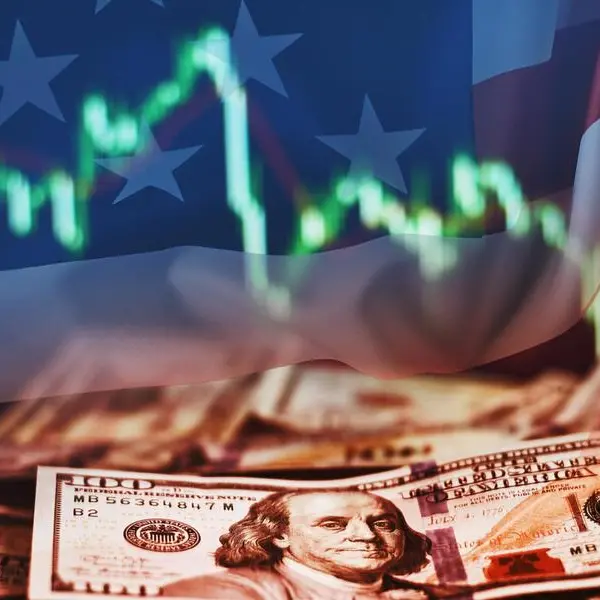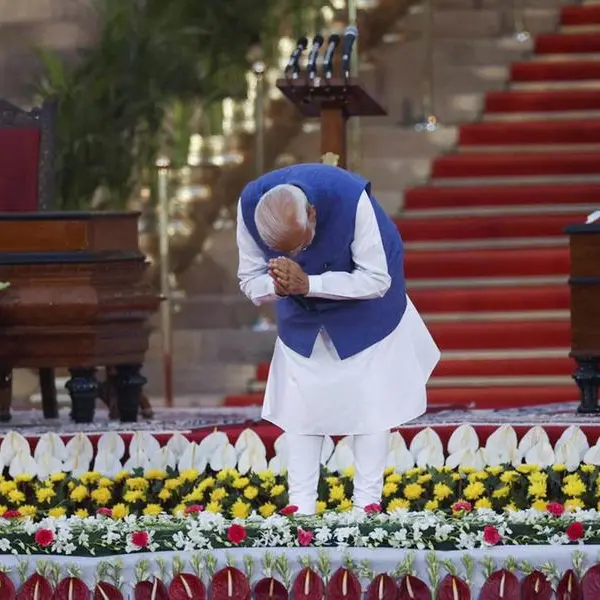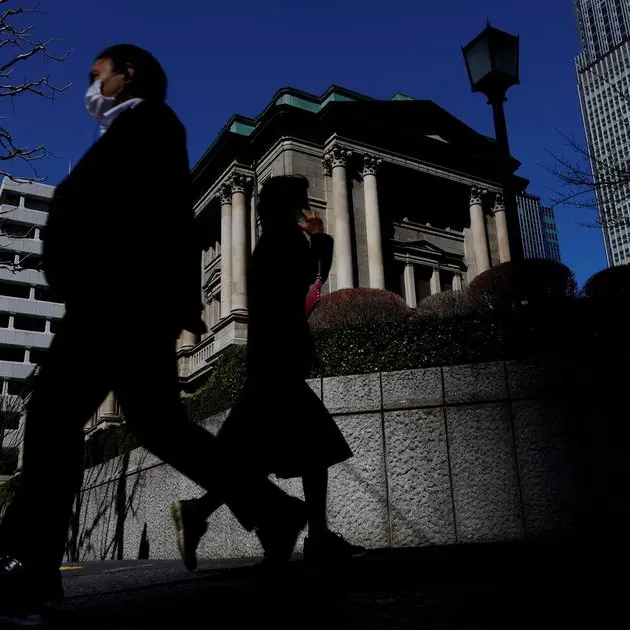PHOTO
(The opinions expressed here are those of the author, a columnist for Reuters)
LITTLETON, Colorado - EU Commission chief Ursula von der Leyen announced an anti-subsidy probe into Chinese electric vehicles (EV) on Wednesday, and declared Europe will do "whatever it takes to keep its competitive edge" at the European Parliament.
To be sure, China's share of the European EV market has roughly doubled to around 8% this year from the year before as state-backed Chinese manufacturers aggressively cut prices to stimulate overseas sales while domestic demand stalled amid widespread economic worries.
But while Beijing does indeed provide its manufacturing base with formidable help - including tax breaks, funds for plant construction, low interest loans, capped energy costs and subsidies to help consumers buy their products - they are far from the only government to help prop up the ailing EV sector.
Indeed, the European Union itself offers an array of benefits for EV producers and consumers, including tax breaks for manufacturers, thousands of euros of subsidies per car for buyers and tax credits for households and businesses that install EV chargers.
The United States also offers tax credits of up to $7,500 for buyers of new electric cars, and several more for manufacturers of EVs and EV components.
And each government views the support they provide as merely also doing "whatever it takes" to keep their own industries competitive.
POLITICAL POSTURING?
The EU Commission chief's call for probes into China's EV sector is likely in some part just political rhetoric, as she is widely expected to seek a second term as the European Union's top political executive in elections set for next year.
The sabre rattling may also be a shrewd defensive measure aimed at protecting Europe's battered auto sector, which has been forced to curb output due to soaring power and operating costs over the past year.
As a German, von der Leyen is acutely aware of the importance of the car sector to the regional economy, in terms of both tax revenues and job creation, and any forced slowdown in the influx of competitively priced foreign cars into the European market will be a welcome relief for domestic producers.
Europe's main car makers including top seller Volkswagen , BMW and Renault all saw sales drop in 2022, but have started to see sales and exports pick up in 2023.
The mere threat of a probe into China's subsidies might actually be enough to slow the pace of imports from China while allowing sales of European cars to pick up further.
In that way, the EU Commissioner will have provided a valuable service to Europe's manufacturers without needing to actually dig too deeply into China's subsidy practices.
Following through on the probe threat is another step entirely, and may only serve to further sour trade relations with China while also revealing the extent of Europe's own support measures for the EV sector.
Ultimately, most EV makers receive government help of some sort, and the EU Commissioner's efforts this week may be more about giving home-grown producers more time to compete on world markets than about stifling China's progress.
The opinions expressed here are those of the author, a columnist for Reuters
(Reporting By Gavin Maguire; Editing by Josie Kao)





















